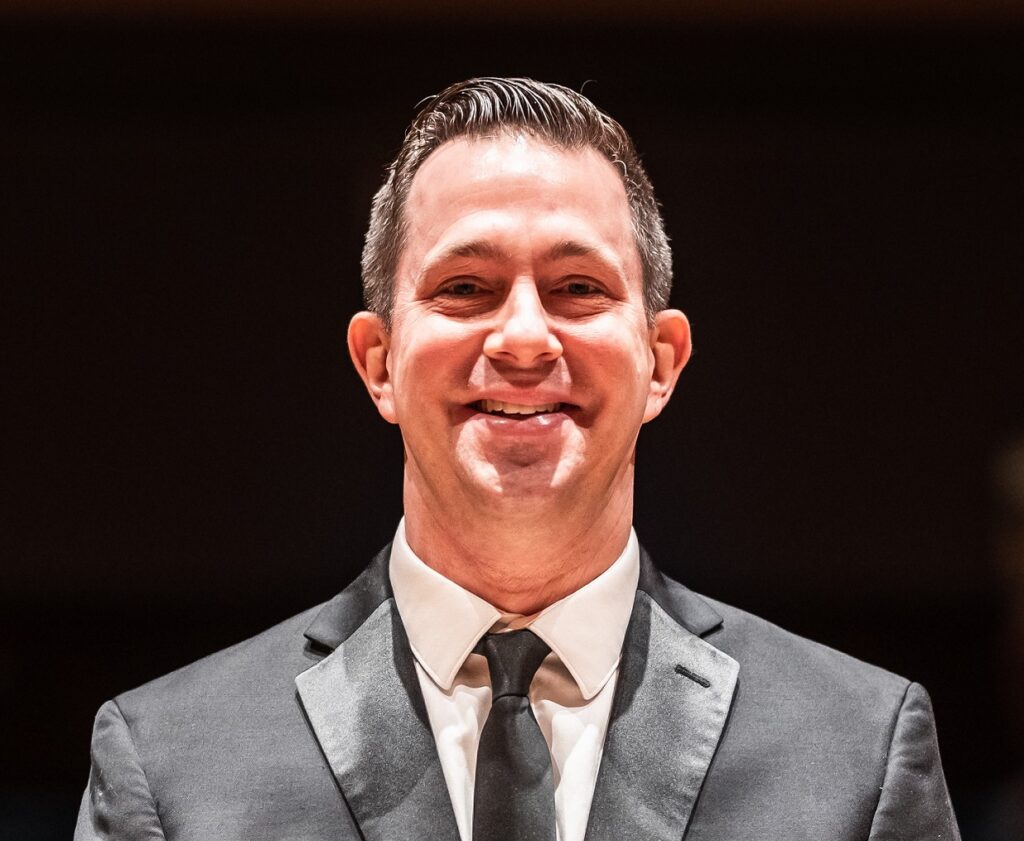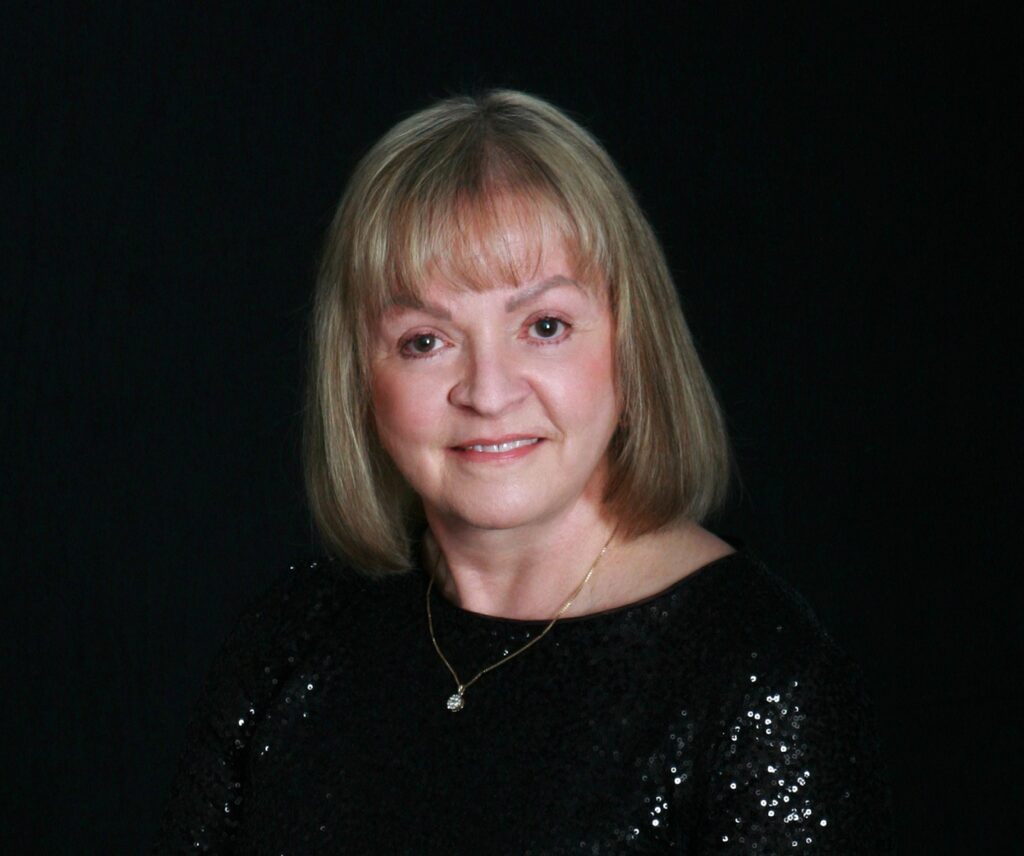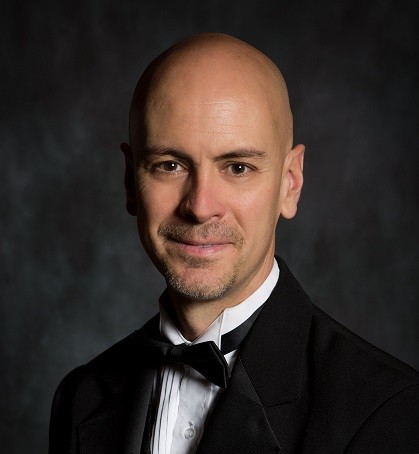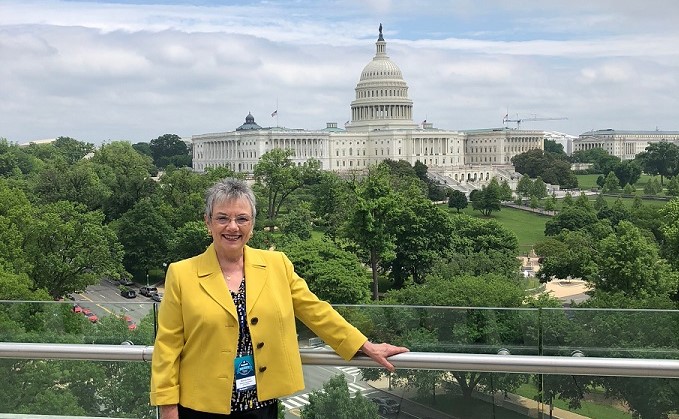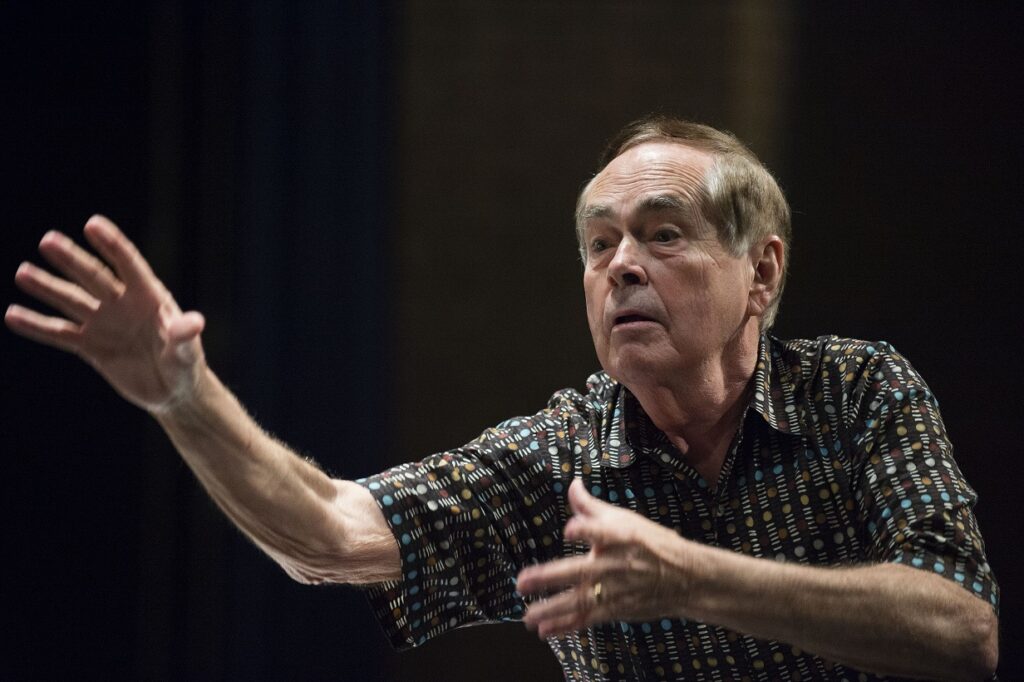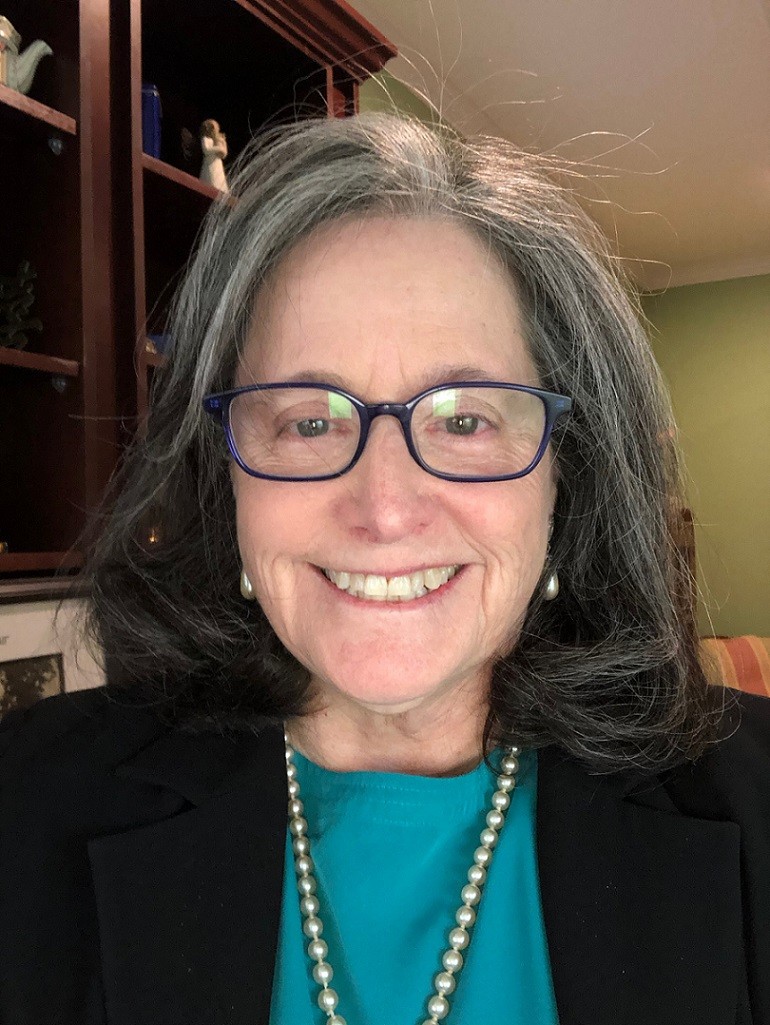Tagged Under:
Q&A with Yamaha Master Education Gary Lewis
Gary Lewis explains how great art and music can make you a better person. He uses his voice to emphasize the importance of music education.
Gary Lewis is the Director of Orchestral Studies and the Bob and Judy Charles Professor of Conducting at the College of Music at the University of Colorado Boulder.
Lewis is also a Yamaha Master Educator and Music Director of the West Texas Symphony Orchestra.
Q. When did you know that you were going to make music the focus of your professional life?
A. Growing up in Oklahoma where the weather is crazy, I always thought I would be a meteorologist. However, I owe my high school band directors for nurturing my love of music and for being such great role models as educators. It was as a junior in high school that I decided to pursue music education as a vocation.
Q. Other than music, what brings you inspiration?
A. There are many things, but great art and travel come to mind. Fortunately, I usually get to enjoy both with my wife. We love to travel and experience different cultures. It is inspiring to see our two young boys grow and develop. Every day is a new discovery.
I’m also fortunate to live in Colorado, a really beautiful place. I never take for granted the beauty of the mountains and how it feels to be at altitude.
Q. What is the most embarrassing moment of your life that you can share?
A. Both happened while conducting in costume, something I’ve sworn to never to do again. While I was on the faculty at the University of Michigan, Gustav Meier invited me to conduct Michael Daugherty’s “Oh Lois!” (from his Metropolis Symphony) for the annual Halloween concert. The schtick included me beginning the work dressed as Clark Kent, jumping into a phone booth (placed next to the podium) and emerging as Superman to finish the piece. Unfortunately, there was a wardrobe malfunction — the clasp on the cape broke, leaving me standing in a skin-tight costume, little red shorts and all, in front of 3,500 people in a sold-out Hill Auditorium.
The other embarrassing episode was years later, also at a Halloween concert, when I attempted to hop onto the podium (still not sure why), to conduct “Jupiter” from the The Planets by Holst, while wearing an alien mask. I couldn’t see clearly through the mask, misjudged the height of the podium, and fell and broke my fibula. According to the orchestra, what followed was the fastest tempo at which we had ever played it. The things we do for entertainment!
Q. What book is on your nightstand right now?
A. There are three books on my nightstand currently: Ron Chernow’s “Alexander Hamilton,” “Thinking Fast and Slow” by Daniel Kahneman (I’m curious to know if there are applications for musicians of his theory of the two systems that drive the way we think. System 1 is fast, intuitive, and emotional. System 2 is slower, more deliberative, and more logical), and “Quiet” by Susan Cain, which explores what it is like to be introverted in a society where extroverts tend to dominate.
Q. What piece of music do you wish you had written and why?
A. I have often said that Mozart’s “Don Giovanni” may be the most perfect work of art I have had the opportunity to conduct. Everything about it seems perfectly crafted and balanced.
On the other hand, it would be cool to have written a truly revolutionary work that shifted the paradigm of western classical music like Beethoven’s “Eroica” symphony or Stravinsky’s “Rite of Spring.”
Q. Why is music important to humanity?
A. Music is important because it allows us to express the inexpressible, to communicate who we are as humans. It is also important in the way it brings people together and teaches us to treat one another with compassion and empathy — two attributes that are needed more and more in our society.
Simply put, great art makes us better people. One of the most important attributes music and art teach us is empathy. This is not as easy to codify as test scores and brain development or teamwork and social skills. In my opinion, empathy is most central to the importance of music and art in our development as human beings. As Brian D. Cohen wrote on HuffPost, “The development of empathy in an individual from art mirrors the original derivation of the term; it is art that makes us empathic; art that models others’ inner lives for each of us; art that attunes us to experience and suffering beyond ourselves. It is imagination, the other signal attribute of creative thinking, that lets us see how the world can be changed to be better for ourselves and for others.”
I’m convinced of music’s ability to make young people more human, especially if the experiences are collaborative and involve emotionally expressive music making.
Q. What is your favorite guilty pleasure food?
A. I would eat ice cream every night if I could.
Q. Which person from history, dead or alive, would you want to have lunch with and what would you discuss?
A. There are so many and I will undoubtedly think of others later. However, there are two who have been on my mind lately. First, Abraham Lincoln — I am fascinated with the poise he demonstrated while under withering pressure and criticism and how he surrounded himself with people with differing viewpoints. I would also like to experience firsthand his intellect and homespun wisdom.
Second, Johannes Brahms because his music seems to be a reflection of his complex and enigmatic personality. The late piano intermezzi are so incredibly intimate, yet much of his other music seems more emotionally restrained and cerebral. I would love to learn more about what made him tick hoping it might help me in my pursuit to better understand and interpret his music.
Q. What is your biggest pet peeve?
A. People who are bullies.
Q. Why is it important to protect access to music education?
A. My wife recently taught music in an elementary school where, in her two kindergarten classes, there were 11 languages spoken. Many of them had limited or no English skills, but the music classroom was the one place where they could successfully assimilate and collaborate.
Large ensembles in our schools are also important in this regard and hold a special place in this process. In addition to being surrounded with great art and its beauty, we get to work with wonderful people and share an intimate communication and collaboration that many don’t have in their lives. Working with beautiful people who are all different, from different backgrounds, cultures, belief systems, races, creeds, orientations is the greatest blessing I derive from my job as a conductor.
John Coltrane said, “If you want to be a better musician, become a better person.” I would suggest it is also true that being a musician can make you a better person.










